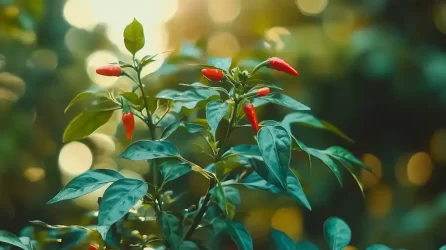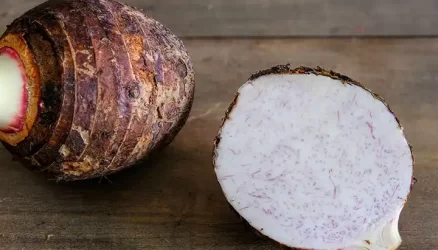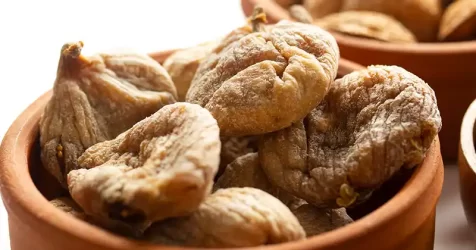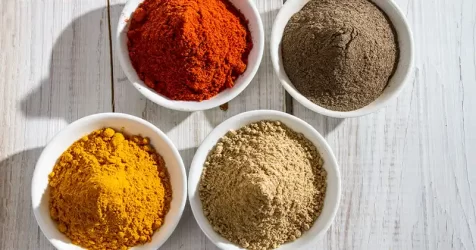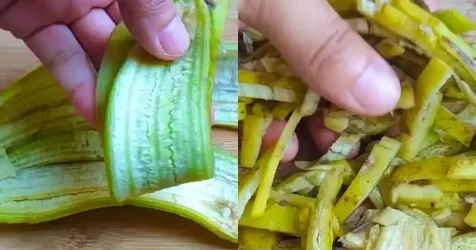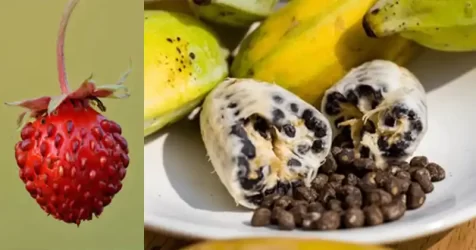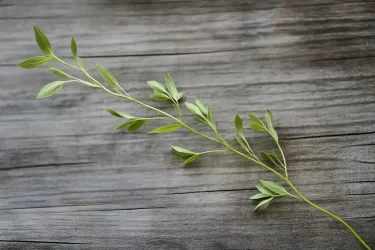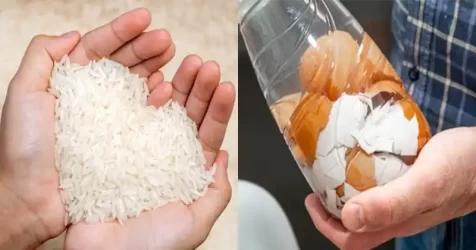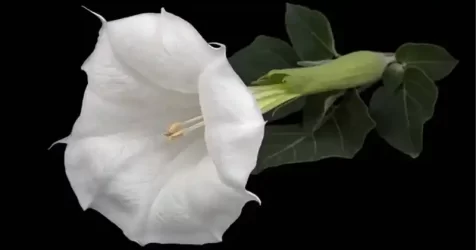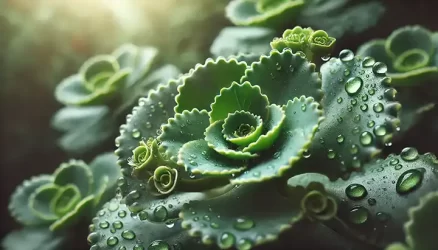From Garden to Gourmet: The Wonders of Purslane and How to Make It a Meaty Delight
Purslane, often considered a weed in many gardens, is actually a hidden gem packed with nutrition and flavor. This resilient, succulent plant is not only easy to grow but also offers a range of health benefits, including being a rich source of omega-3 fatty acids, vitamins A, C, and E, and antioxidants. Embracing purslane in your garden can add diversity to your diet and introduce you to a new culinary delight that, when prepared correctly, can be as satisfying as meat. Here’s why you should grow purslane and a recipe to make it a star on your plate.

Why Grow Purslane?
1. Nutritional Powerhouse: Purslane is one of the few plant sources of alpha-linolenic acid, a type of omega-3 fatty acid usually found in fish. It’s also packed with essential vitamins and minerals, making it an excellent addition to a healthy diet.
2. Drought-Resistant: As a succulent, purslane is incredibly drought-resistant, requiring minimal water. This makes it a perfect plant for sustainable gardens and those located in arid climates.
3. Easy to Grow: Purslane propagates quickly and can grow in poor soil, making it a hassle-free plant for beginner gardeners. It’s also resistant to most pests and diseases.
4. Edible Landscaping: With its lush, green leaves and yellow flowers, purslane can beautify your garden while being a versatile ingredient in your kitchen.
How to Harvest and Prepare Purslane
Before you can cook with purslane, you need to know how to harvest and prepare it. Early morning is the best time for harvesting, as the leaves are most succulent. Choose young, tender stems and leaves for the best flavor and texture. Wash the purslane thoroughly to remove any dirt or grit.
Recipe: Purslane Delight – A Tastier Alternative to Meat

This recipe transforms purslane into a delicious dish that could rival the taste and satisfaction of meat, making it an excellent option for vegetarians and meat-lovers alike.
Ingredients:
- 2 cups of fresh purslane, washed and chopped
- 1 onion, finely chopped
- 2 cloves of garlic, minced
- 1 tomato, diced
- 1 bell pepper, diced
- 2 tablespoons of olive oil
- Salt and pepper to taste
- A pinch of cumin (optional for added flavor)
- Lemon juice (for finishing)
- Feta cheese or avocado (for serving, optional)
Steps:
- Sauté the Aromatics: In a large pan, heat the olive oil over medium heat. Add the chopped onion and garlic, sautéing until translucent and fragrant.
- Add the Vegetables: Stir in the diced tomato and bell pepper. Cook for a few minutes until they start to soften.
- Incorporate Purslane: Add the chopped purslane to the pan, stirring well to combine all the ingredients. Season with salt, pepper, and a pinch of cumin for an extra layer of flavor.
- Simmer: Reduce the heat to low and let the mixture simmer for about 5-7 minutes, or until the purslane is tender but still vibrant.
- Finish with Lemon: Turn off the heat and drizzle fresh lemon juice over the dish. This will enhance the flavors and add a refreshing zest.
- Serve: Plate the purslane delight and top with crumbled feta cheese or slices of avocado for added richness and texture.
Purslane is a versatile and nutritious plant that deserves a spot in every garden. Its resilience and low maintenance make it a sustainable choice for any gardener looking to add variety to their plant selection. Moreover, when prepared with care, purslane can offer a culinary experience that may well surpass traditional meat dishes in flavor and health benefits. So next time you spot purslane, consider harvesting it instead of weeding it out. You might just discover a new favorite ingredient that is as delicious as it is nutritious.

